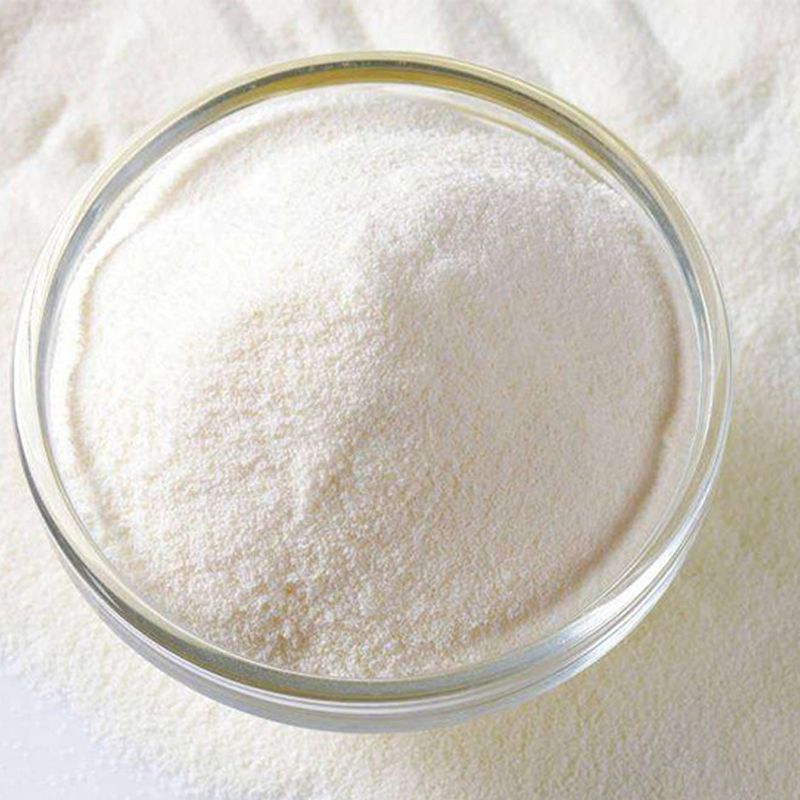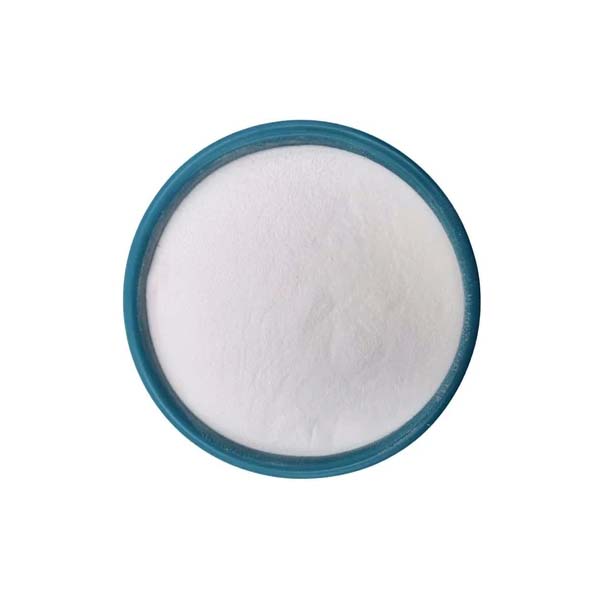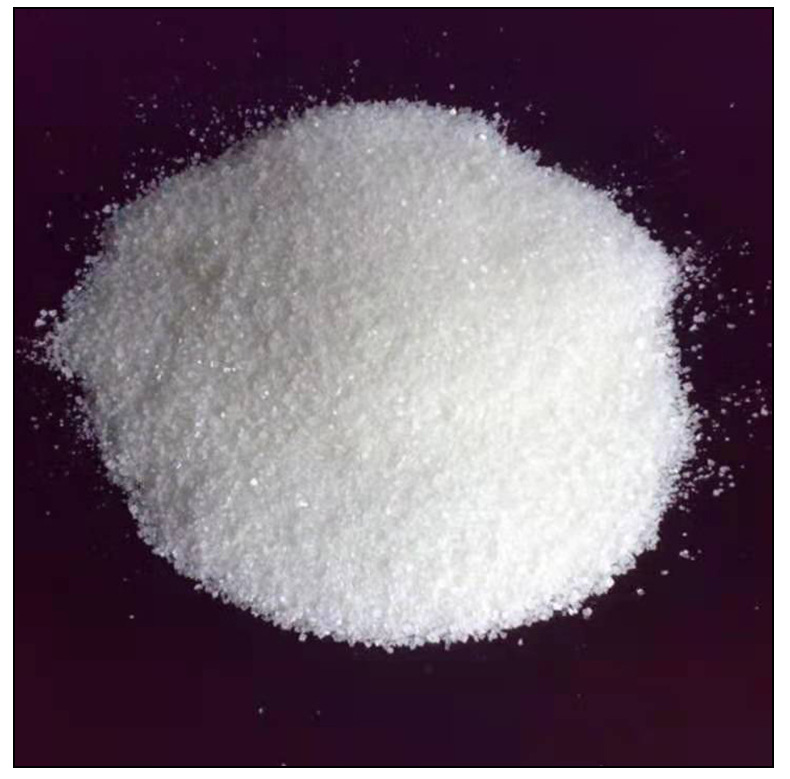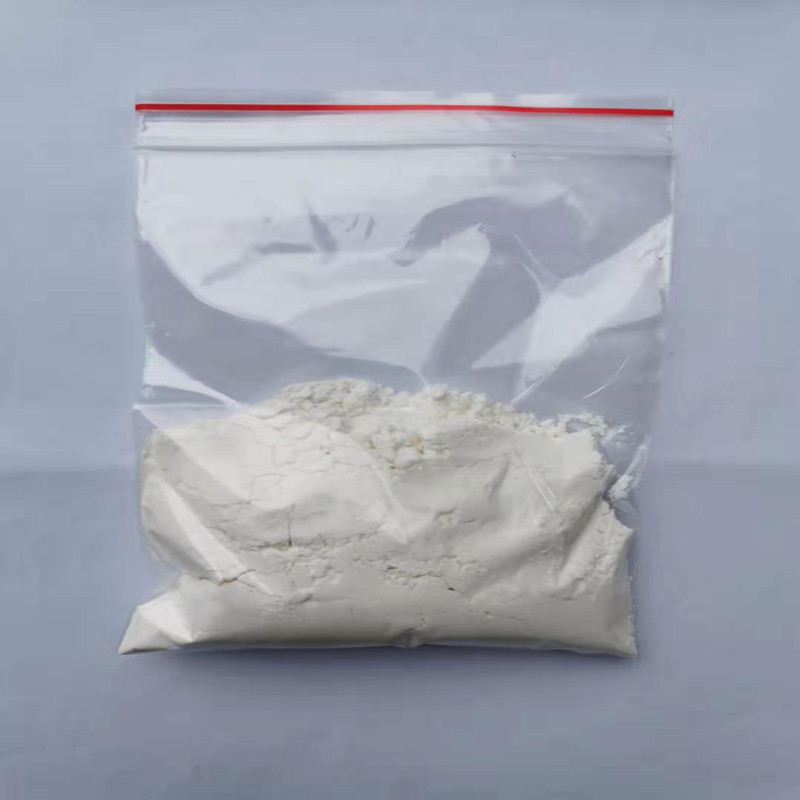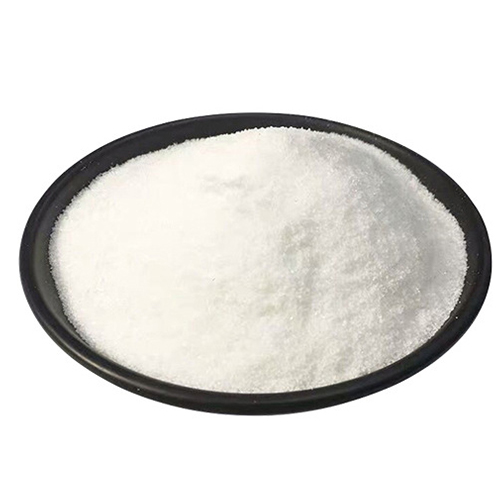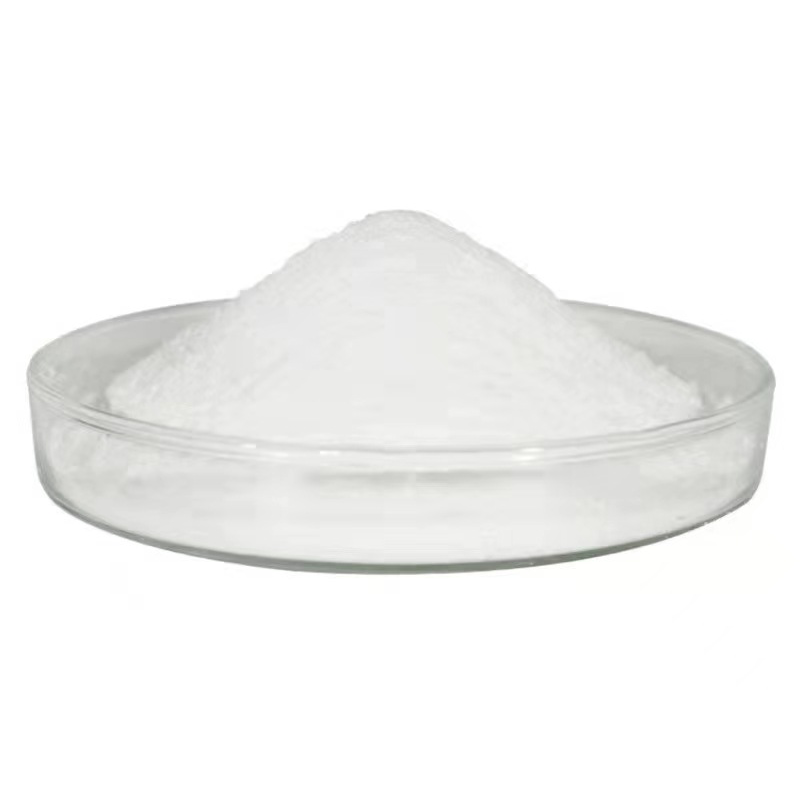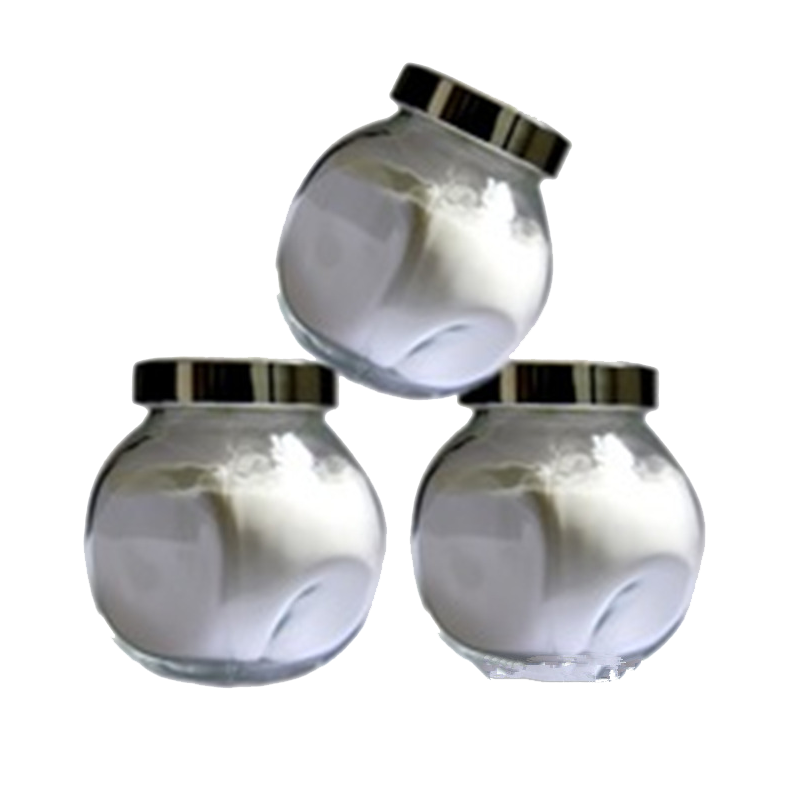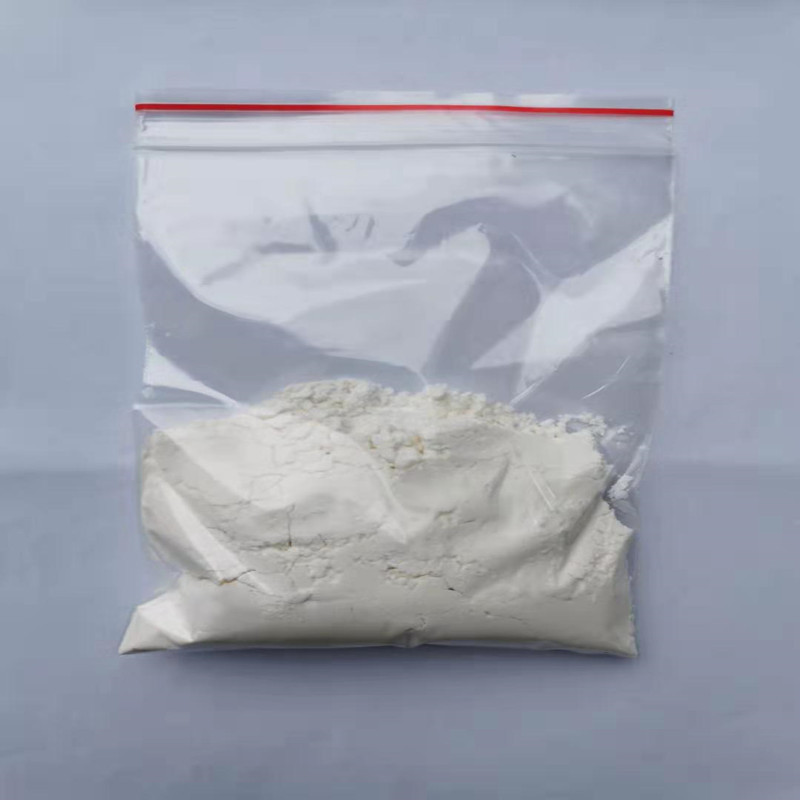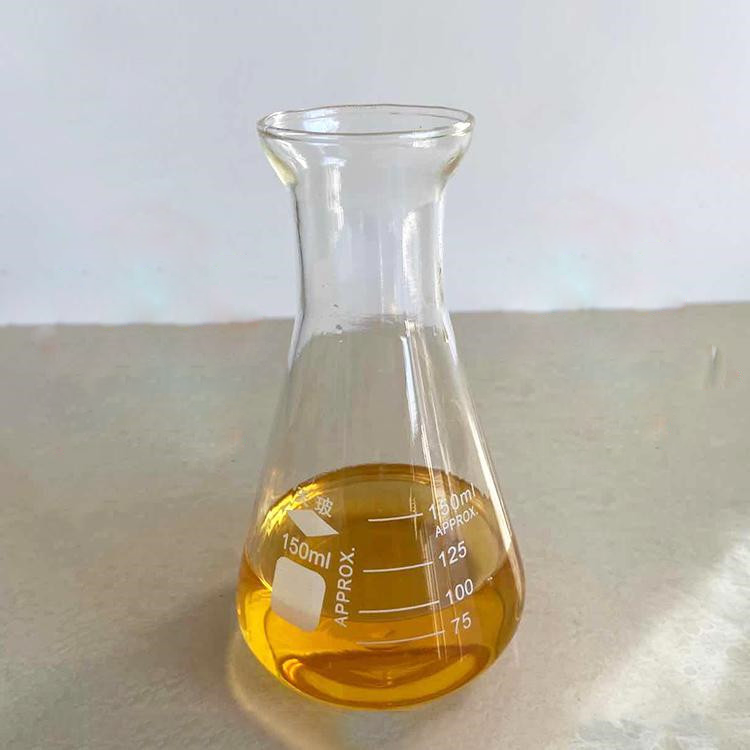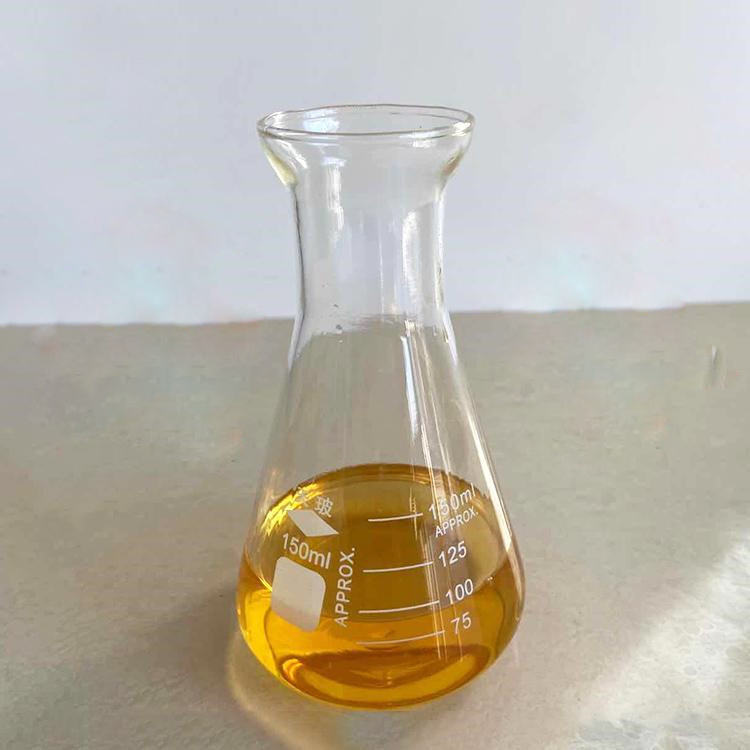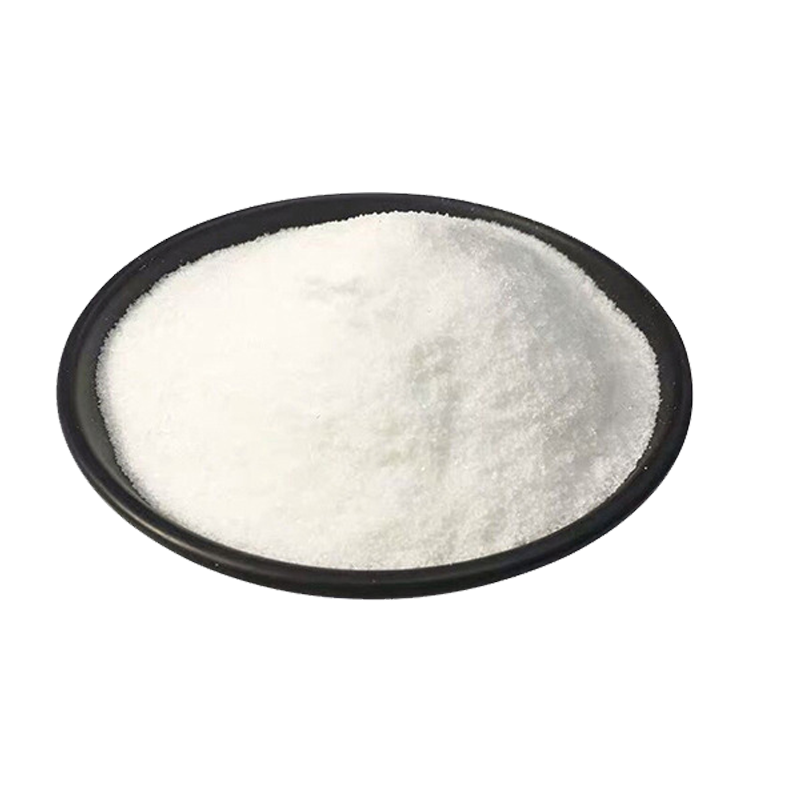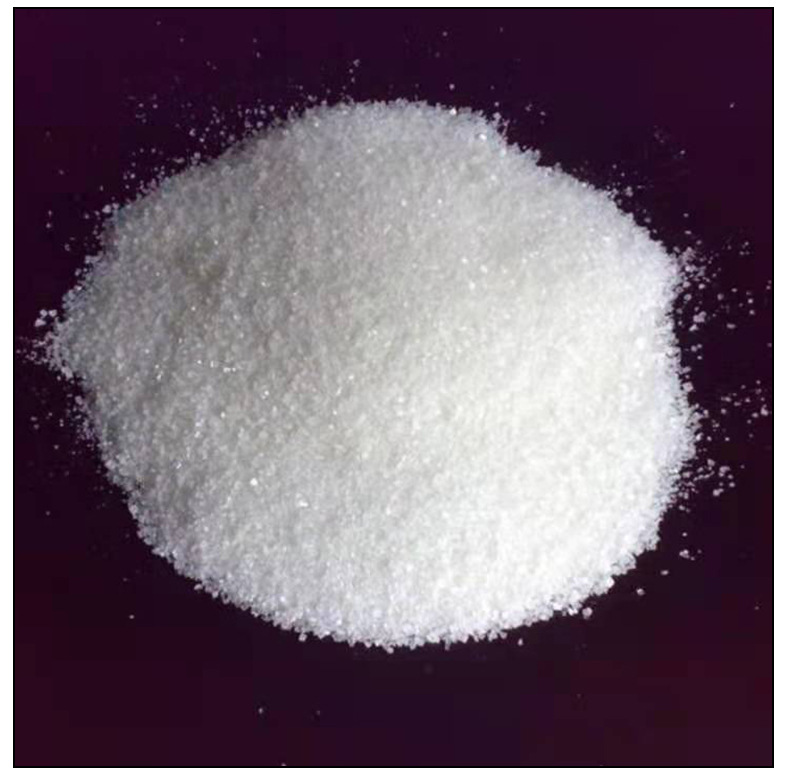Insecticide Imidacloprid 96%TC CAS 138261-41-3
Imidacloprid was a kind of phosphite methyl nitrate in pesticides, belong to smoke acyl chloride pesticides.
Learn More Get a QuoteInsecticide Chlorantraniliprole Cas 500008-45-7
Chlorantraniliprole (CAP) is an anthranilic and phthalic diamide insecticide that acts on a broad spectrum of insects.
Learn More Get a QuoteInsecticide Abamectin 95%TC Cas 71751-41-2
Avermectin is a key ingredient in most acaricides and insecticides.
Learn More Get a QuoteInsecticide Profenofos Cas 41198-08-7
Profenofos is a broad-spectrum, highly effective, moderately toxic, and low-residue organophosphate insecticide.
Learn More Get a QuoteInsecticide Chlorfenapyr 97%TC Cas 122453-73-0
Chlorfenapyr, also known as chlorfenapyr, is an arylpyrrole compound that has gastric toxicity, certain contact action and systemic activity to pests; it is an insecticidal, acaricidal and nematicide successfully developed on the basis of dioxapyrromycin isolated from the metabolites of Streptomyces fungi. It has excellent control effect on borers, piercing-sucking mouthparts and harmful mites, and has a medium duration of effect. Its insecticidal mechanism is to block the oxidative phosphorylation of mitochondria.
Learn More Get a QuoteInsecticide Tebufenozide 95%TC Cas 112410-23-8
Tebufenozide is a highly efficient and low-toxicity insect growth regulator insecticide.
Learn More Get a QuoteInsecticide Pymetrozine 97%TC Cas 123312-89-0
Pymetrozine has a high efficacy against aphids, whiteflies, cicadas, and spider mites.
Learn More Get a QuoteInsecticide Pyridaben 97%TC Cas 96489-71-3
Diamethoate is a highly effective and broad-spectrum acaricide.
Learn More Get a QuoteInsecticide Dichlorvos 95%TC Cas 62-73-7
Dichlorvos,also known as DDVP, is a highly effective and broad-spectrum organophosphate insecticide and acaricide.
Learn More Get a QuoteInsecticide Carbosulfan 90%TC Cas 55285-14-8
Carbosulfan is a moderately poisonous insecticide and acaricide. Carbofuran is a low-toxic derivative of carbofuran and an inhibitor of cholinesterase. It has contact killing, stomach poisoning and systemic effects. Insect broad-spectrum, long-lasting.
Learn More Get a QuoteInsecticide Diafenthiuron 97%TC Cas 80060-09-9
This product is a thiourea insecticide and acaricide.
Learn More Get a QuoteInsecticide Acetamiprid 97%TC Cas 135410-20-7
Acetamiprid is a new type of insecticide, which belongs to nitromethylene heterocyclic compounds. It acts on the nicotinic acetylcholine receptors at the synaptic parts of the insect nervous system, interferes with the stimulation conduction of the insect nervous system, causes the blockage of the nervous system pathways, and causes the accumulation of the neurotransmitter acetylcholine at the synaptic parts, resulting in insect paralysis and eventually death.
Learn More Get a QuoteWhat is Insecticide?
Insecticides are substances used to kill insects. They include ovicides and larvicides used against insect eggs and larvae, respectively. Insecticides are used in agriculture, medicine, industry and by consumers.
Features of Insecticide
Insecticides are pesticides that are formulated to kill, harm, repel or mitigate one or more species of insect. Insecticides work in different ways. Some insecticides disrupt the nervous system, whereas others may damage their exoskeletons, repel them or control them by some other means. They can also be packaged in various forms including sprays, dusts, gels, and baits. Because of these factors, each insecticide can pose a different level of risk to non-target insects, people, pets and the environment.
Practicing Integrated Pest Management can significantly reduce the amount of insecticides needed to control many insect problems.
Using more than one insecticide product in the same location can increase or decrease each one's effectiveness. It may also result in a greater risk to health and/or the environment.
Broad-spectrum insecticides are effective against all insects, even the good ones. Other insecticides target certain insects. Using a targeted insecticide minimizes the risk to beneficial or non-target insects.
Some insecticides work immediately to kill insects while others may need some time to take effect.
Insect growth regulators like pyriproxyfen and methoprene do not kill insects; they make it impossible for exposed insects to molt (grow) or lay eggs properly.
Insecticidal baits can be used instead of spraying large areas, especially for social insects like ants. This can decrease the risk of exposure, but remember to place baits where children and pets won't have access.
Applications of Insecticide
Pesticides are chemical compounds that are used to kill pests, including insects, rodents, fungi and unwanted plants (weeds). Over 1000 different pesticides are used around the world. Pesticides are used in public health to kill vectors of disease, such as mosquitoes, and in agriculture to kill pests that damage crops
Suppliers of Insecticide
Agripestcide is a professional agrochemical manufacturer, providing herbicides, insecticides, microbial fungicides, plant growth regulators and other products. If you are looking for Insecticides, please feel free to contact us for the latest price.

